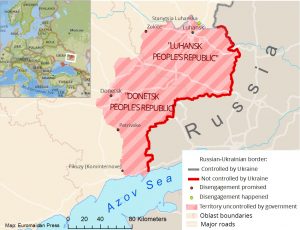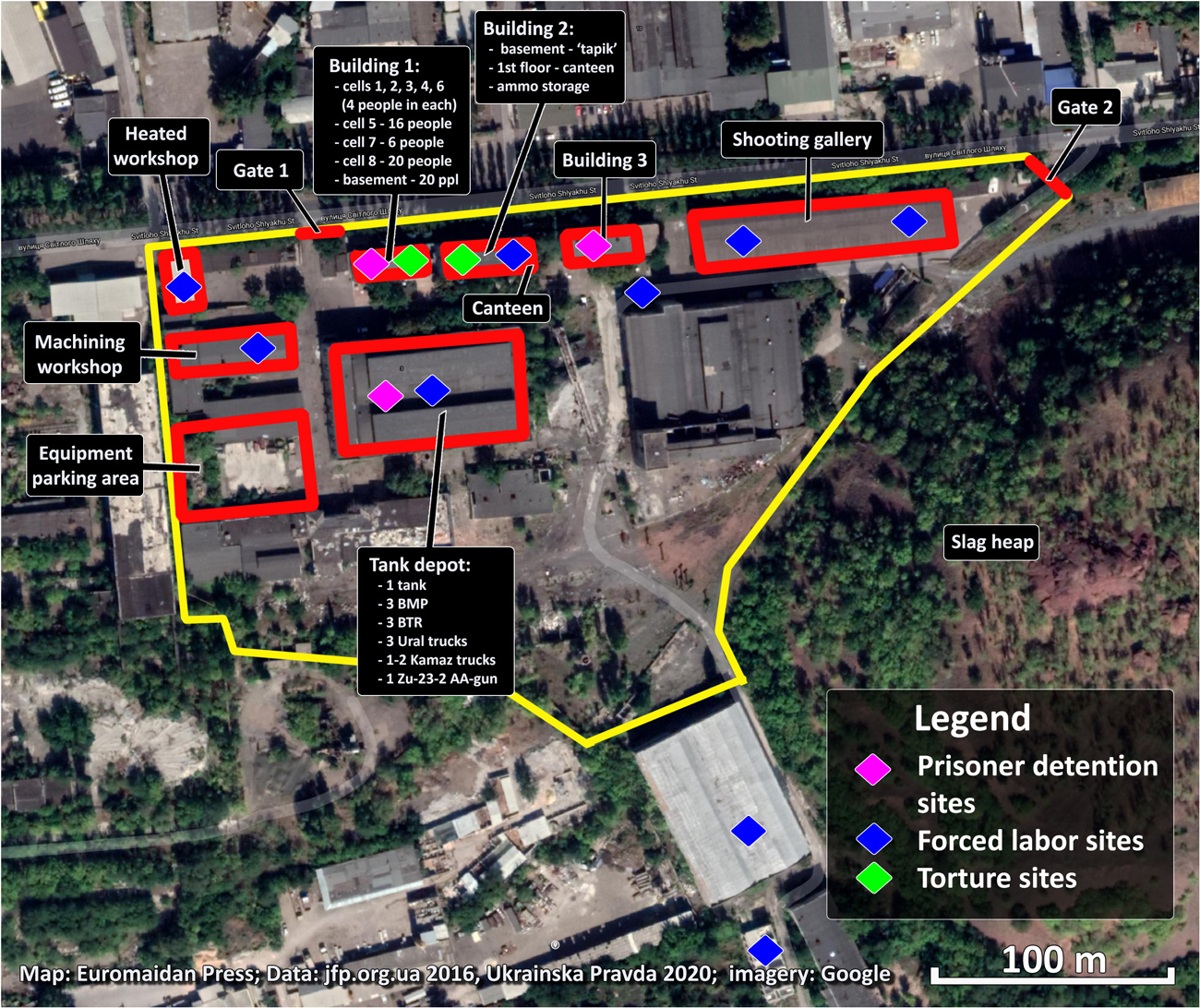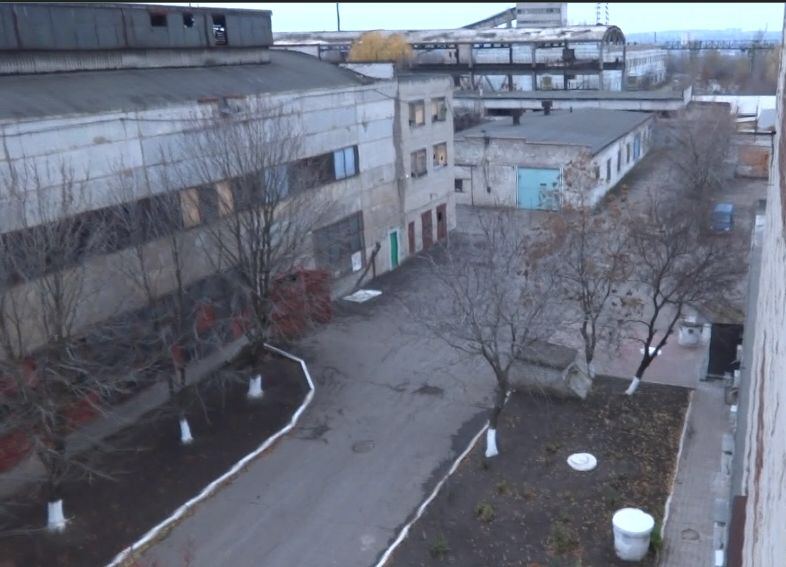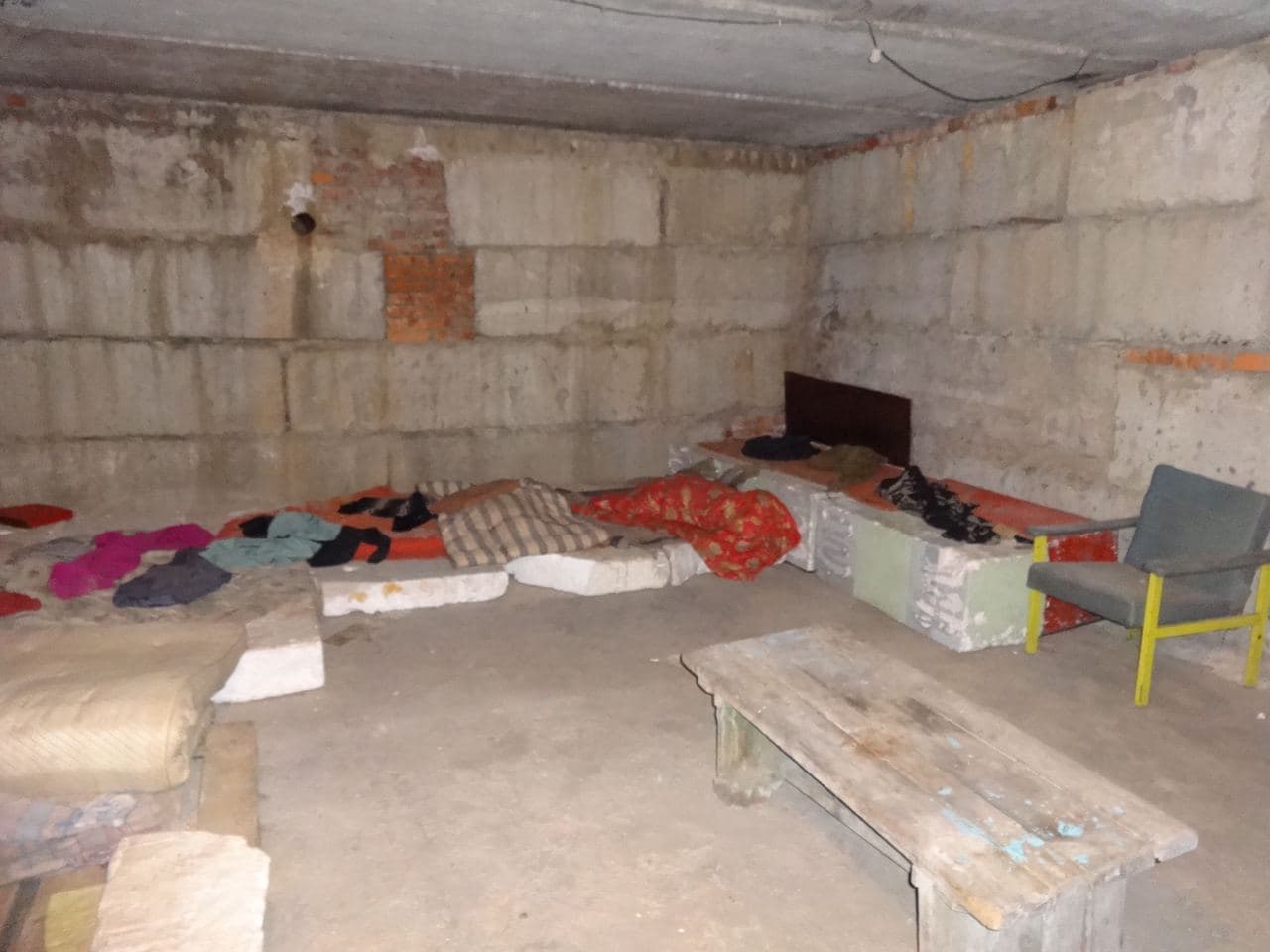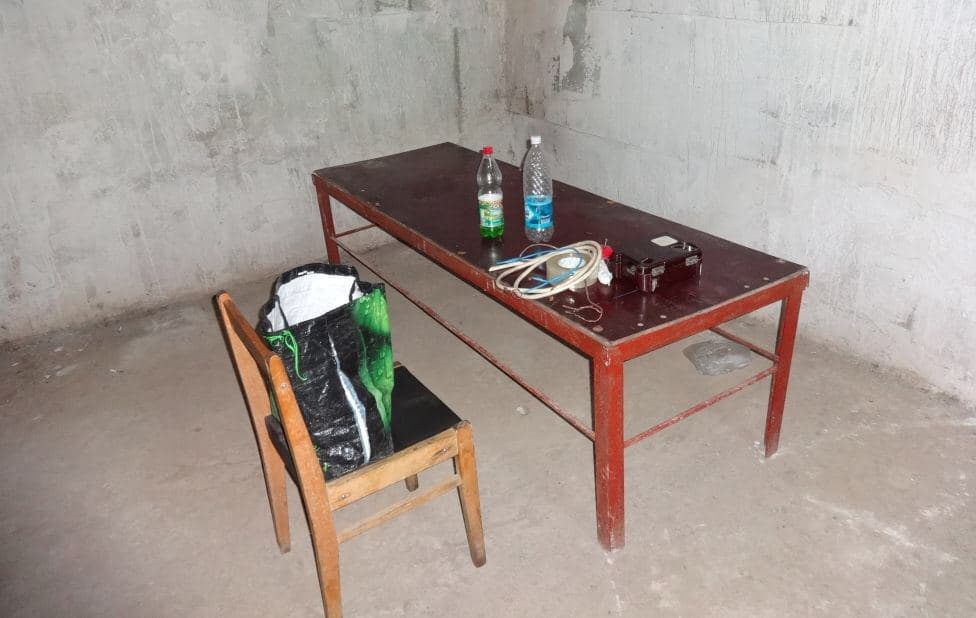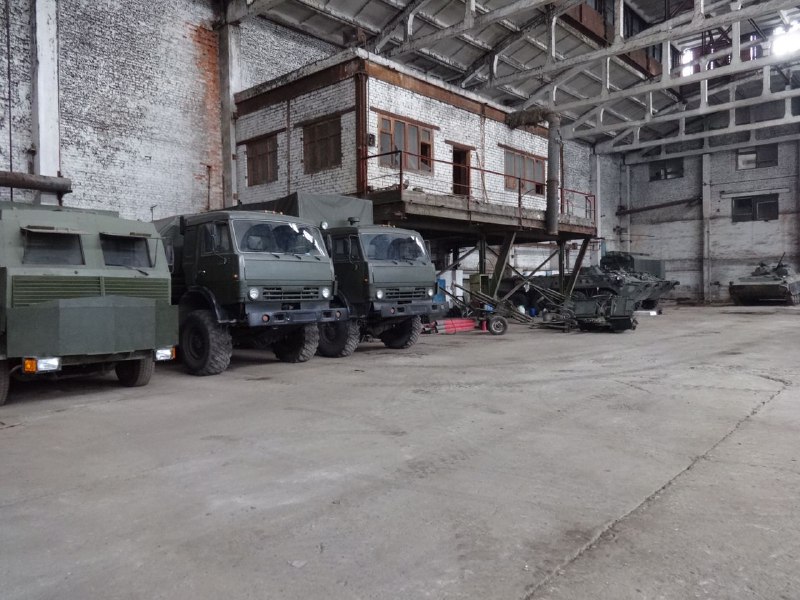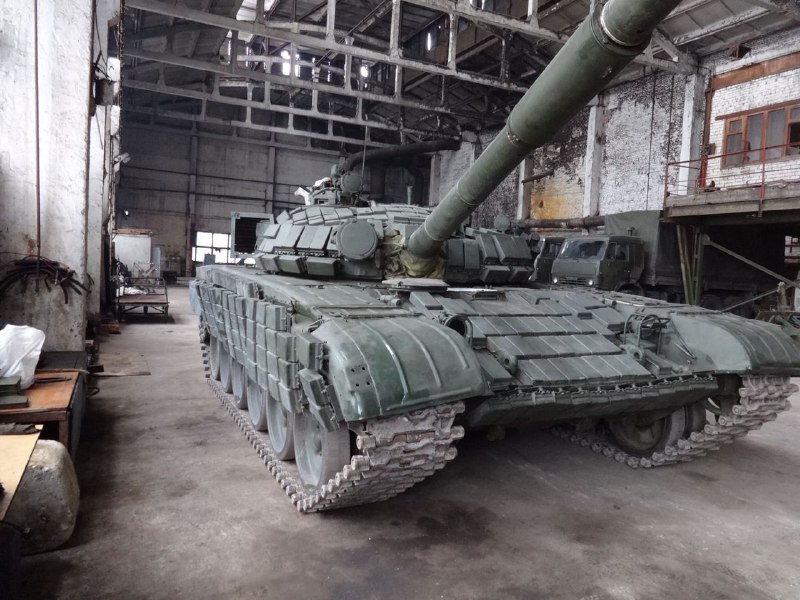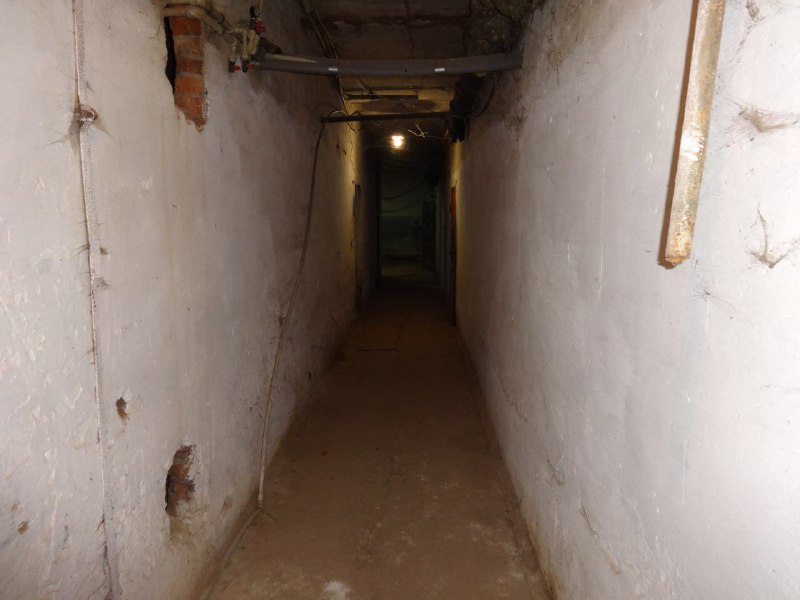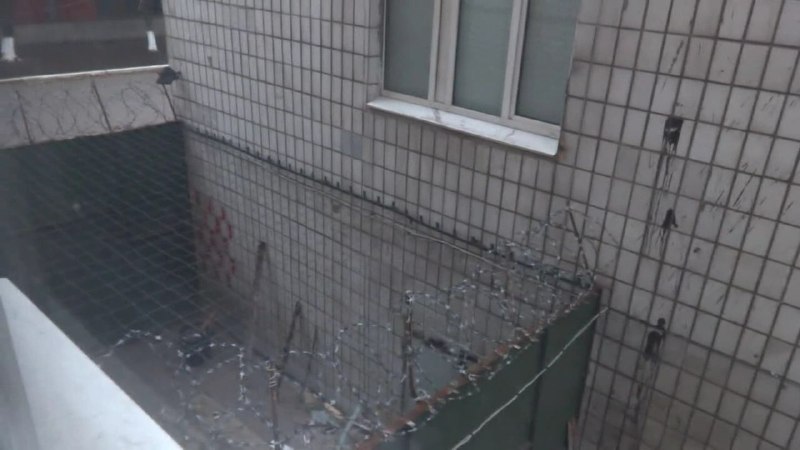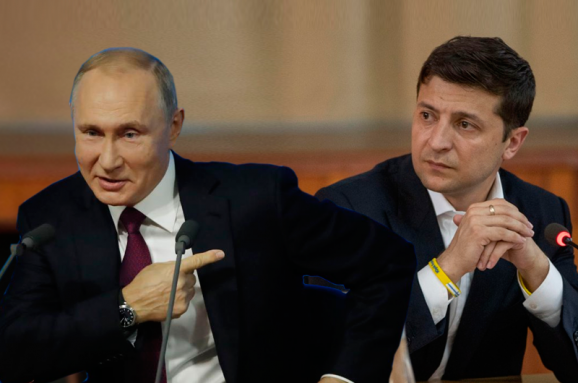Ukrainian journalist Stanislav Aseyev, a former captive of the Russian-run "Donetsk People's Republic," has reported on his Facebook page the alleged identities of three warders involved in tortures in Donetsk-based Izolyatsia prison run by the Russian occupation forces. According to him, those identified were "key Russian citizens of Izolyatsia" and the identification effort succeeded "with the support from Bellingcat."
Euromaidan Press has contacted Christo Grozev and Aric Toler of Bellingcat who confirmed that, asked by Aseyev, they looked up the names he offered and discovered that those three have been holders of Russian passports issued in 2019, as per leaked Russian databases available to Bellingcat.
Prior to the war, Izolyatsia was an art center built on the premises of the derelict factory of insulation materials not far from the center of Donetsk. In June 2014, Russian-hybrid forces seized the art center to transform it into a makeshift illegal prison. Former detainees now call the location a torture chamber or even a concentration camp. Prisoners may be held in Izolyatsia for years without trial and torture is a common occurrence there, according to former prisoners.
Stanislav Aseyev who had spent 28 months behind bars in Izolyatsia says,
"All the three were involved in cruel torture, beatings, the humiliation of human dignity. However, now, having the data of their Russian passports, it is possible to officially present claims to the Russian Federation for violation of the laws and customs of warfare, which, I hope, will be initiated in the near future both at the TCG meetings (the Trilateral Contact Group of Ukraine, Russia, OSCE that negotiates issues of the settlement in the east of Ukraine, - Ed.) and by our Foreign Ministry," Stanislav Aseyev wrote on his Facebook page.

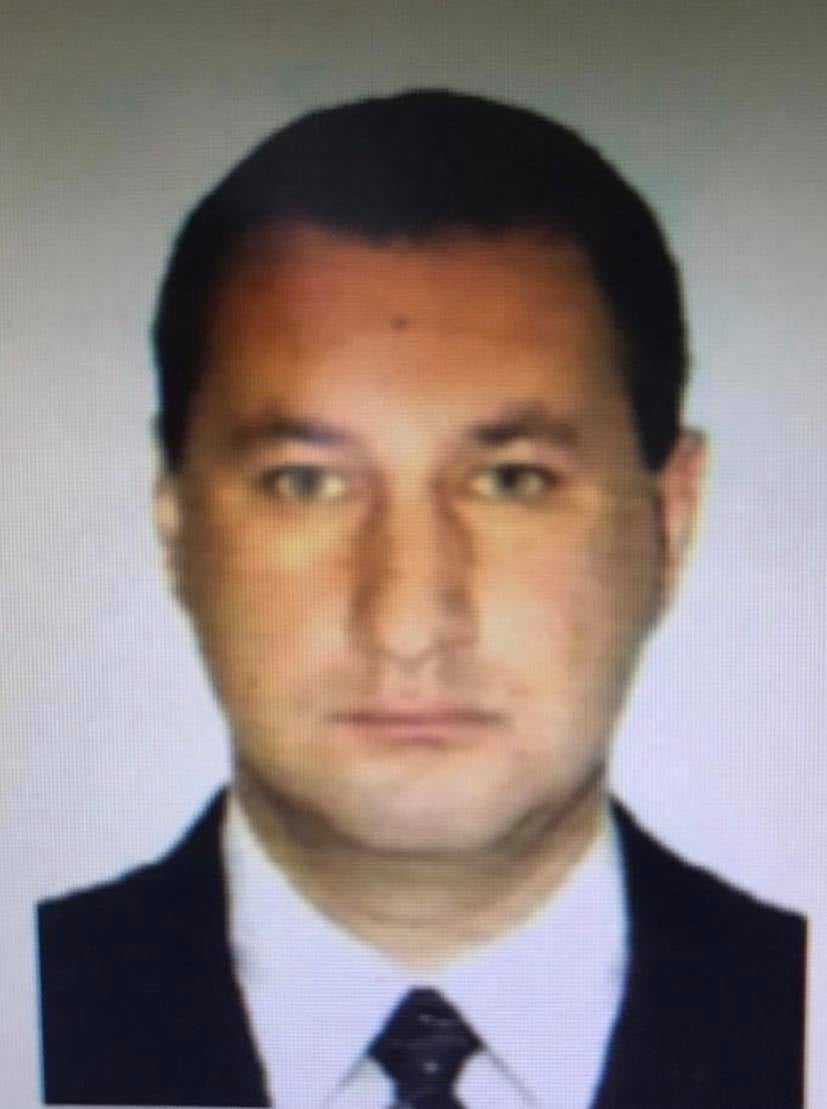
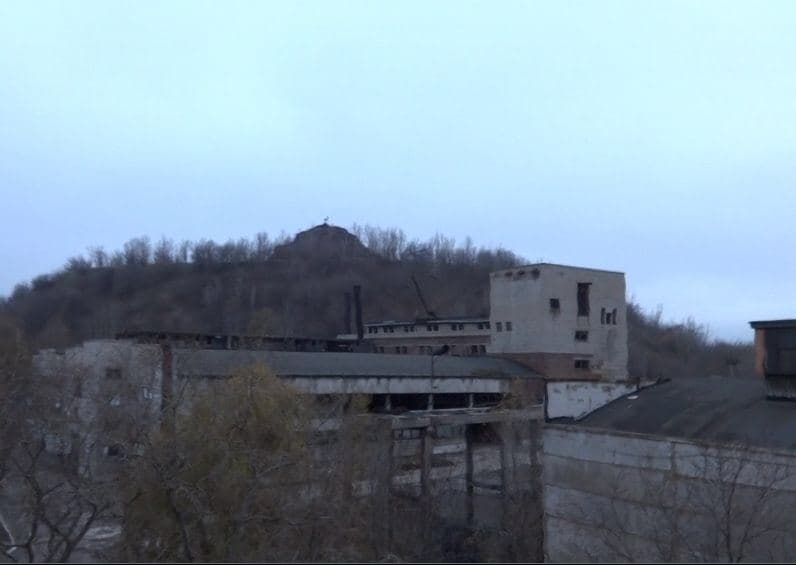
Here is one of the testimonies given by a former Izolyatsia prisoner to the Security Service of Ukraine (SBU). The document mentions him as Leonid S., civilian, specifying that he had been held captive for 509 days:
“...I was taken, as I realized later, to the former factory of insulation materials. There, in the office building, there is a “private prison” with a torture ward in the basement; there is another ward with three plank beds placed one above the other and no toilet. On the walls there are surveillance cameras, besides, acoustic surveillance is present as well. On the ground floor of the building, there are 11 wards for the detainees. There is a special ward where straw men are placed to get the information...During the interrogations, they used an electric shocker, battered me, humiliated, attempted to rape me, exerted moral and psychological pressure, threatened to torture my relatives."
- Read how other former prisoners described their captivity at Isolation: Donetsk art center turned into concentration camp: former hostages share their memories
"Izolyatsia's distinctive feature is that it isn't an official prison, but a concentration camp. It's not just a media nickname. It is the word that most accurately conveys what is happening there," Stanislav Aseyev said in an interview with Ukrainska Pravda.
Who the suspects are
All three were born in Donetsk Oblast and obtained Russian passports amid Russia's ongoing mass passportization campaign targeting the local Ukrainian population of the occupied areas of Luhansk and Donetsk oblasts. Their Russian passports were issued in 2019 in Rostov Oblast of Russia, adjacent to Ukraine's Donetsk Oblast.
"All those [Izolyatsia administration members] were checked for having Russian citizenship, and only these three did have it," said Aseyev.
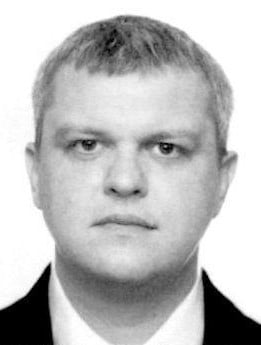
Krivonos Yuri Sergeevich, callsign Tolsty ("fat"), born in Donetsk in 1978. According to Aseyev, Krivonos had taken over the seat of Palych (Denis Kulikovsky) as the curator of Izolyatsia. In pre-war years he served as an officer of the Novoazovsk District Military Draft Office in Donetsk Oblast. Krivonos is also known as Yura the Tankman.
The establishment of the Izolyatsia private prison is attributed to some Vasily Evdokimov, call sign Lenin. Another name well-known to former prisoners was Denis Kulikovsky, call sign Palych, also know as Aid ("Hades"). He was in charge of Izolyatsia up to February 2018 when he was dismissed
after another case of beating prisoners to be replaced by a Russian citizen call sign Kuzmich as a warden and "Yura the Tankman" Krivonos as his deputy. Later Krovonos allegedly was put in charge of the prison.
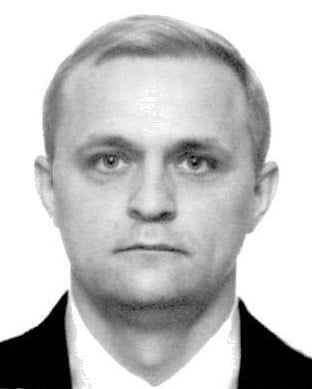
Butenko Vladimir Vladimirovich, callsign Boot, born in Artemovsk, Donetsk Oblast, in 1980. Aseyev calls him "the right hand of Krivonos, one of the shift supervisors."
“These are very cruel people, involved in torture, the humiliation of human dignity (I do not even take into account beatings, although they are also involved in beatings) and, most likely, in rape," Aseyev said to Donbas Realii.
Eremichev Ruslan Vladimirovich, callsign Ermak, born in Donetsk suburb Makiivka in 1979. Aseyev dubs Eremichev as "Izolation's main lover of young girls."

“For 28 months I used to hear you beating women in adjacent cells, forcing people to sing songs while being tortured, and dragging people with electric burns into cells where they would have to"hold the Wailing Wall"% (i.e. keep standing, - Ed.). You all found it very funny. Now we are going to laugh,” Aseyev wrote in his Facebook post.
The report "War without Rules: Gender-Based Violence in the Context of the Armed Conflict in Eastern Ukraine" published by NGO Eastern-Ukrainian Centre for Civic Initiatives in 2017 mentioned one known case of "mutilation/injury caused by sexual violence" at Izolyatsia.
Who Aseyev is
As his hometown of Donetsk in the east of Ukraine fell to Russian-hybrid forces, Stanislav Aseyev remained in the city to support his mother and two grandmothers who had stayed in Donetsk. In 2015-2017 he wrote under the penname Stanislav Vasin about life under the Russian occupation for a number of media, including RFE/RL's Ukrainian Service, Ukrainska Pravda, Dzerkalo Tyzhnia, Ukrainian Week.

. Photo: radiosvoboda.org
In early June 2017, Stanislav's friends and colleagues found that he had disappeared, media suspected abduction.
However, after his release, Aseyev told that a "DNR" aa@patrol detained him on 11 May 2017 in central Donetsk. In order to hide the fact of his abduction, for three weeks the so-called "DNR Ministry of State Security" (DNR MGB) were forcing him to call his mother, write as Facebook posts as the articles that were planned earlier.
In mid-June, the MGB confirmed that they had detained him. Despite international support from multiple human rights organizations and some politicians, Stanislav spent 2.5 years behind bars in his Russian-occupied hometown.
Of 31 months in captivity, Aseyev spent 28 months as a prisoner in Izolyatsia.
He was freed only in late 2019 as he became one of those exchanged by Ukrainian authorities on the 29 December 2019 prisoner swap.
There are a dozen of places like Izolyatsia in occupied Donetsk and Aseyev believes that Izolyatsia is an indicator of everything happening in such places,
"After all, there is a full range of war crimes: torture, murder, rape, humiliation, involvement in serious forced physical labor, because the prisoners are building a training ground there, cutting metal [for scrap]," Aseyev said to Ukrainska Pravda in December 2020.
As of May 2020, there still were more than 50 people held in Izolyatsia, according to Stanislav Aseyev.
Read more:
- Displaced art. The IZOLYATSIA art center, having fled occupied Donetsk, flourishes in Kyiv
- First public photos of Russian-run Donetsk concentration camp leaked online
- Donetsk art center turned into concentration camp: former hostages share their memories
- BBC: How the “DNR” special services & troll factory scare Russians with terror attacks
- Human rights NGO reports on 119 known hostages behind bars in occupied Donbas
- Torture and humiliation: freed Ukrainians talk about Donbas captivity
- “Russians taught how to torture.” Ex-captives of Donbas “republics” share horrors of basement prisons
- I survived the basement prisons of the “Luhansk People’s Republic.” Here is what I saw. Part 1
- I narrowly escaped death in dungeons of the “Luhansk People’s Republic.” This is what saved me. Part 2


